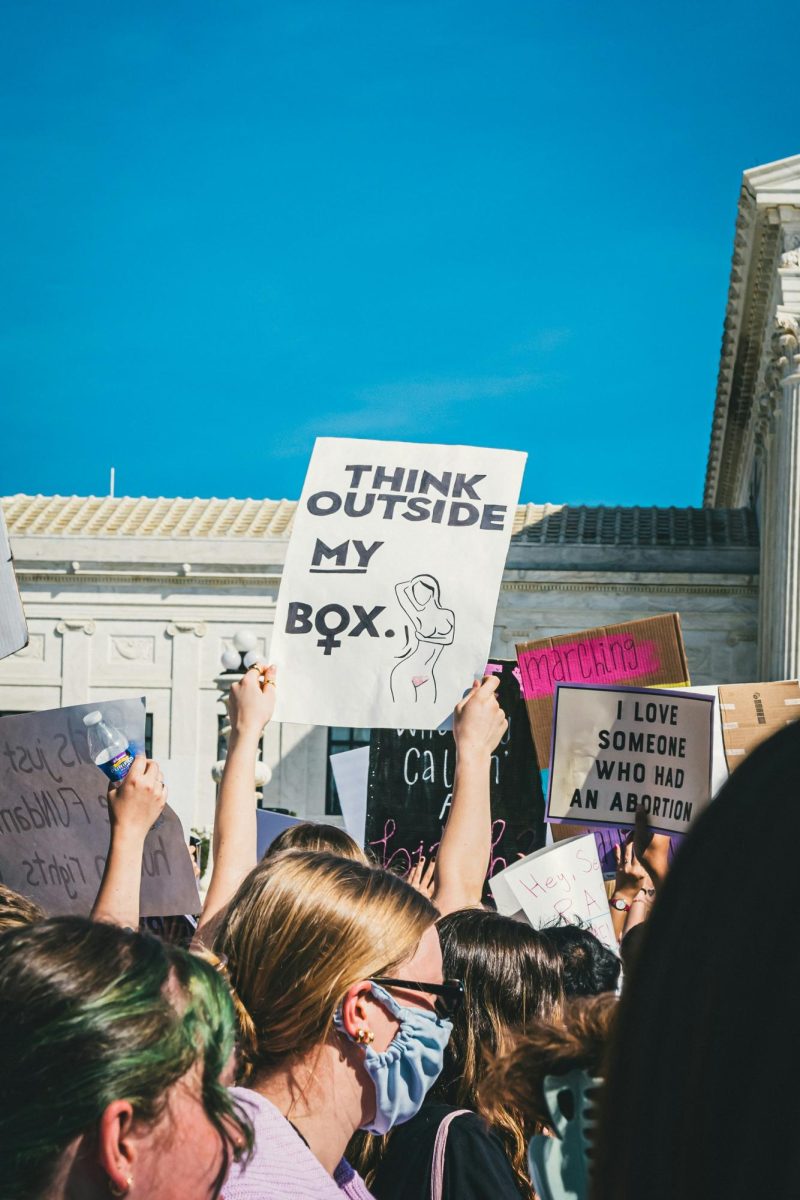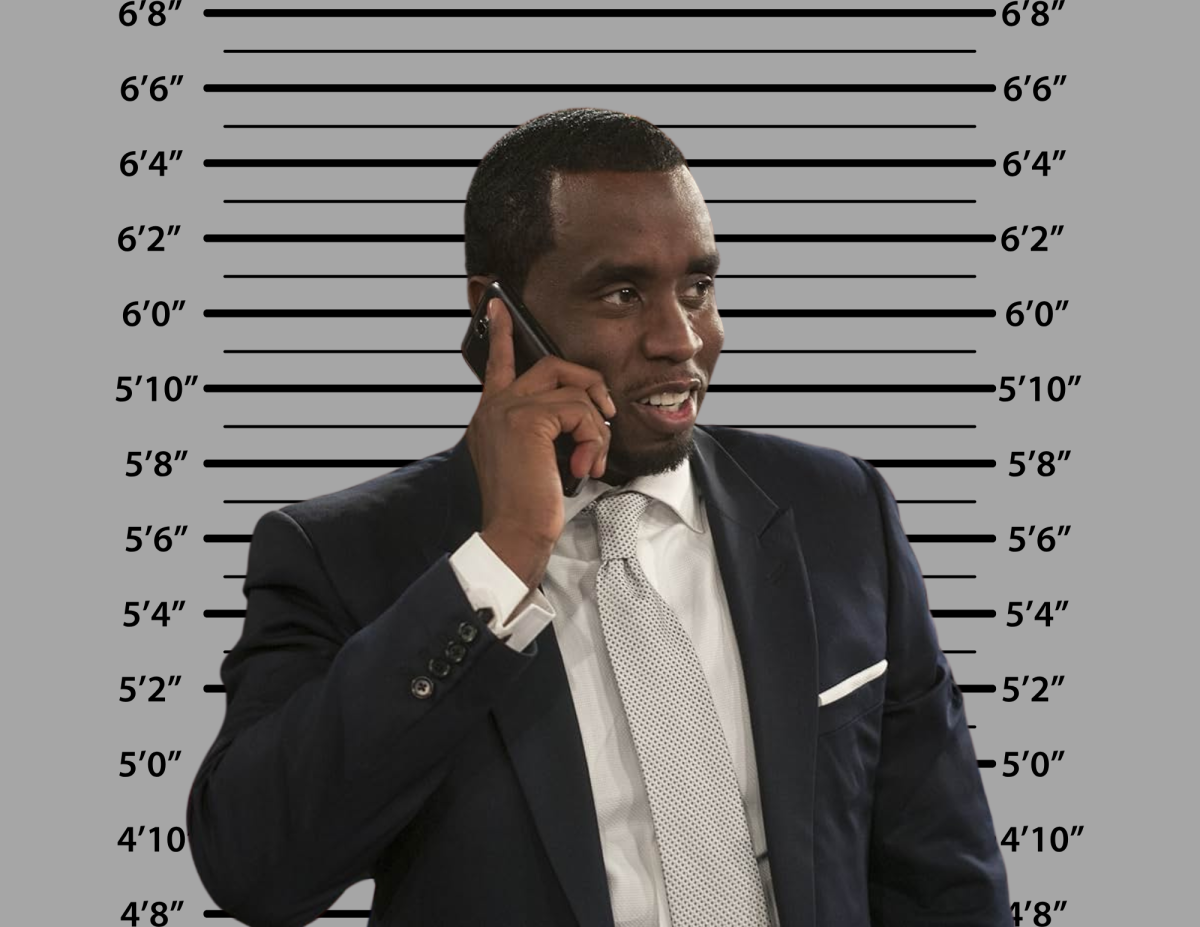By Cloie Swain / Staff Writer
By Cloie Swain / Staff Writer
It takes a certain set of skills to be a bully.
For one, the wanna-be bully must lack any real sense of decency or humanity.
Another thing vital to being a bully is the almost compulsive desire to feel better about oneself by making others miserable.
These abilities, coupled with the demeanor of their chosen victim create bullies.
Some victims triumph through it, while other victims end in complete tragedy.
In the unfortunate case of Phoebe Prince, a student at Massachusetts’ South Hadley High School, the bullying went to such an extreme that Prince committed suicide in response to the harassment.
Prince was 15 years old when she hung herself after once again being bullied at and on the way home from school.
Of all the things that plague high school kids, bullying is one that has remained a consistent entity.
No amount of Oprah specials or legislation has been able to control it.
A young girl, a child, took her life to escape the ridicule she faced because some petty schoolchildren made her life, by Prince’s reportedly own words, “intolerable.”
This needs to be front-and-center in the media and in all the homes of the United States of America.
As terrible the circumstances by which they came about might be the perfect setting has been laid out for massive reform in this regard.
The days of unfortunate acceptance of bullying must be stopped immediately.
The teenagers who hounded and ridiculed this poor girl need to be made an example.
Now these bullies will finally have to pay for their actions.
Six bullies have been charged with felonies ranging from stalking to violation of Prince’s civil rights.
A light load considering that manslaughter could just have easily been added to the cases.
As much as it really is the fault of the perpetrators of these acts of harassment, a good amount of the blame falls on the school itself for failing to act.
Prince’s aunt went to the school on several occasions, telling them the troubles her niece was facing at the hands of the bullies.
Teachers had borne witness to slurs thrown at Prince, calling her names and insulting her based on her Irish nationality.
In some instances of teacher witnessed harassment, punishment was handed down by school administrators.
Obviously, however, the message was missed, and the students continued to hound Prince to her death.
Some proper steps have been taken in response to this, nevertheless, and there has been a movement to enact “Phoebe’s Law.”
It is a piece of legislation that would create strict laws against bullying, cyber or physical, and prevent something like this from happening again.
But as beneficial a move to try and get a legal halt to bullying is, there still is a responsibility that befalls all of us.
Even as far removed from high schools as we are at Riverside City College.
Even if you haven’t been in high school for 40 years or just graduated last year, being bullied sticks with you.
Taking an interest in education about how to prevent bullying, for a younger brother or sister, cousin, or perhaps even your own children, can do a world of good.
Writing our state legislators, senators, and representatives to encourage them to pass Phoebe’s Law is a proactive method to fight bullying.
School officials also must be held accountable for harsher punishments to bullies in their halls.
Allowing continual cruelty to happen to a student is inexcusable neglect.
Hopefully, out of this tragedy, more stringent policies will go into effect in schools nationwide.
Maybe schools will become more aware of what is a problem and take a more assertive approach.
It could have saved Prince’s life.
In a case that has caught national attention, it is going to send a strong message to potential or perhaps even active bullies.
Prince was hounded, tormented, and cruelly harassed until she could not take it anymore.
The only proper way to honor her is by ensuring that something is done now to stop bullying kids to the point when they think suicide is the only way out.
It falls to all of us who hear her story to prevent it from ever happening again.
For more information on Phoebe’s Law, visit http://www.phoebeslaw.com.
Some 50 cent words aren’t as cheap as they used to be.
And, for the first week of last March, they weren’t as frequent.
Cussing, swearing, cursing, making oaths and repeating maledictions, had much to pay.
Whatever it’s called, it entails using a gratuitous amount of four-letter words in several uncreative variations.
And the variations usually depend on one’s occupation.
For politicians in California, however, things were different.
The ides of March were first labeled “No-Cussing Week” by the city council of Los Angeles, thanks to the famous (and infamous in some spheres) no-cussing kid, McKay Hatch.
The week was additionally backed by California Assemblyman Anthony Portantino.
“Cuss-Free Week” was made state-wide this year by the state assembly. Cussing jars are now found on several politicians’ desks.
Hatch is 16 now.
Initiating his venture at the age of 14, he began a No-Cussing Club in his Pasadena school, inciting a sort of no-cussing revolution.
In emulation, a number of schools have adopted similar clubs in an effort to “clean up” the language in the schools.
The effectiveness of the endeavor is fictitious, though.
As there exists within every revolution, there is major opposition.
It’s surprising to see the numerous blogs and news reports attempting to smear his campaign.
His most controversial stance to date is the speaking out against Joe Biden’s whispered profanity to the President.
Just observing the comments in Internet, though, people have taken an stance against this student with full force.
He is called everything from a wimp to a bigot, from a hypocrite to a Christo-Republican.
But the plethora of negative publicity necessitates one question: are they intimidated by this kid?
Although his mission may be a spot superficial, the amount of backlash is astounding.
But one can’t help but think how bootless the arguments are.
First, this student asserts that cussing is bad.
Most of his opponents would concede that.
In fact, that’s why people cuss, isn’t it?
They want to make known the anguish within themselves, thereby searching for the words most malignant to the hearer.
Therefore, what’s the problem? People cuss and don’t always mean it, unless people are angry all the time.
Some other opponents have predicted that the kids in the club will one day drop a hammer on their foot and yelp out some bleep.
This probably comes from the belief that when these clean-mouthed kids find out how hard life is, they’ll follow suit. “Come on, cuss like us, and everybody else.”
But aren’t deviants from society celebrated?
And, besides, what causes the stress around a workplace?
Is it not people who, not knowing how to react, blurt out obscenities that create a more of an hostile environment?
The last thing one should want to do in the face of calamity is reference illegitimate children and female dogs.
Of course, a second argument goes that words are words, and people just say that to express feelings, and expressing feelings isn’t bad, right?
Yet this only contradicts the other reason people give for cussing: that it is bad; therefore it feels liberating.
How is cussing bad, when it’s only just words attached to feelings?
Those parties have some sorting out to do.
Meanwhile, has anyone noticed what this publicity has done?
For the first side, it has put a select amount of words upon a forbidden pedestal, making them ever more meaningful.
For the they-are-just-words side, it has heightened apprecia
tion of the free speech that is celebrated in this country.
Someone should thank this kid.
Replacing curses with pickles or sassafras might only work against the change this movement tries to reduce.
The issue is whether someone knows what words mean.
It does pain one to hear 10 and under children tossing about vulgar combinations like T.C. Boyle.
Considering the amount of abuse made of the no-cussing kid, however, it seems dangerous to agree with him when one’s picture is on the same page.
Nonetheless, whether near a construction site, at a baseball game, or Riverside City College, cussing will not likely be eliminated.
That doesn’t mean this movement is wrong.
If the main argument against them is “don’t tell us what to do,” it’s already invalid.
The ripple this has caused is only a sign that they should keep going.
It’s a reminder that the culture is only what we make it.
If it’s OK to cuss, it’s only because we cultivated it.
Just a few thoughts to those words that, to some, mean both nothing and everything.




